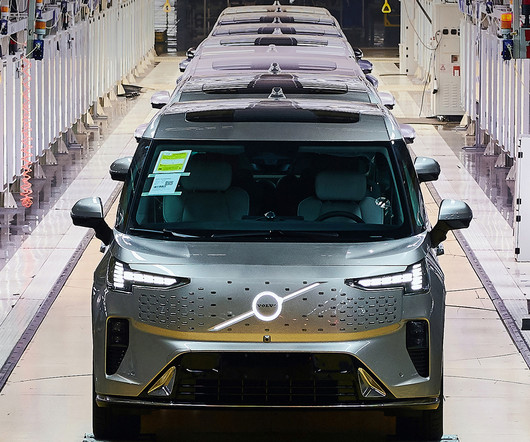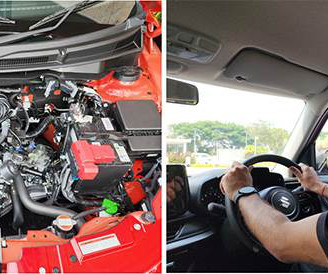European auto industry proposes further 20% cut in passenger car CO2 by 2030 from 2021; conditional on EV uptake and infrastructure; no ZEV mandate
Green Car Congress
SEPTEMBER 13, 2017
At the Frankfurt Motor Show, the European Automobile Manufacturers’ Association (ACEA) outlined the industry’s proposal for a pathway to future CO 2 reductions: a 20% CO 2 reduction for passenger cars by 2030, compared to 2021. The European Commission will reveal its proposal on CO 2 targets for cars post-2021 later this year.











Let's personalize your content